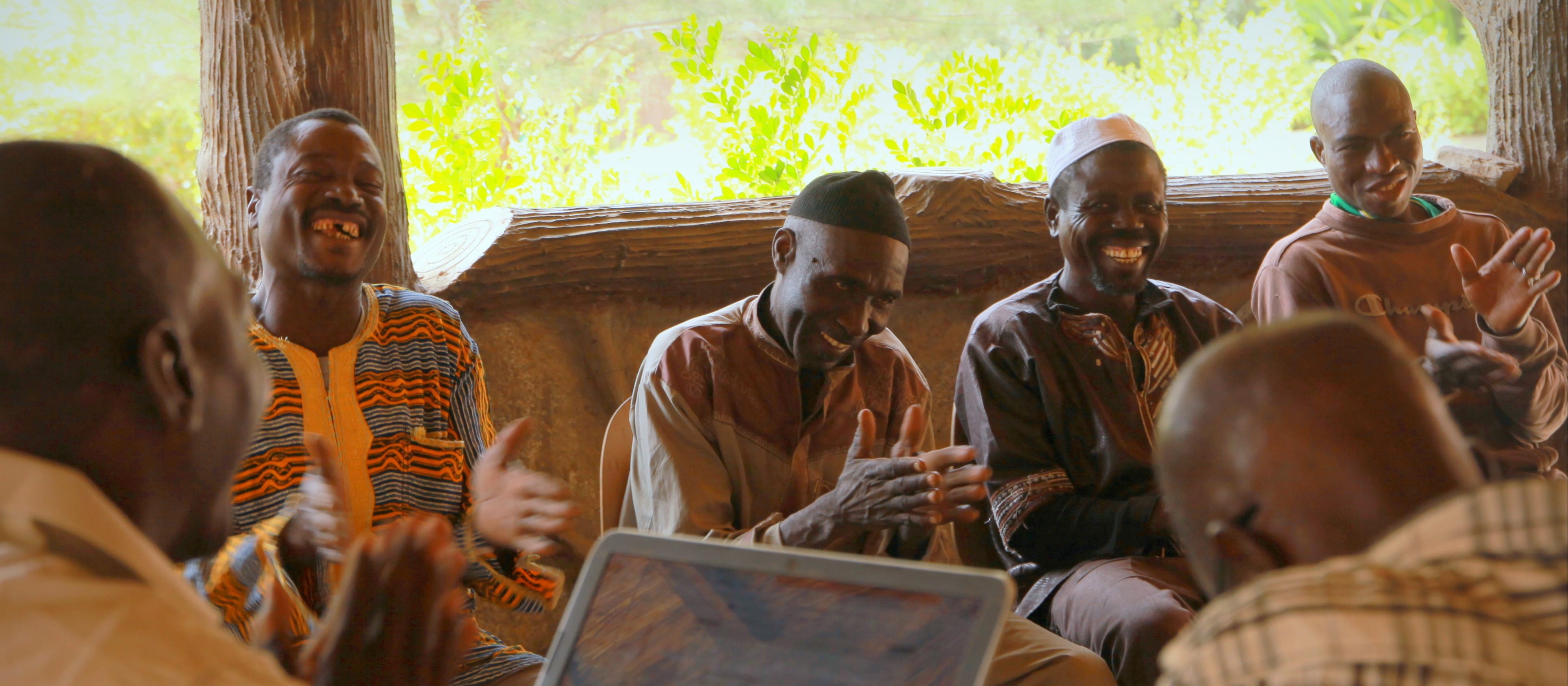- Territorial governance improvment
- Bénéficiaire AquaDeD ONG - Aquaculture et Développement Durable
- Montant du projet 37 341 €
- Subventions FFEM 26 912 €
-
État du projet achevé
Located in the heart of the Benin cotton basin, the Alibori river forms, with the Mékrou and the Sota, the sub-basin of the Niger River in the northeast of the country. The Alibori, in its lower course, is an integral part of the Park W transboundary biosphere reserve (RBTW) of the Goungoun classified forest and the Djona hunting area, the wetlands of which are classified as Ramsar sites. In its upper course, it crosses the classified forest of upper Alibori and communicates with the classified forest of the “Three rivers” which constitute important wildlife and plant reserves. The tributaries and ponds targeted within the framework of this project constitute aquatic ecosystems of great ecological importance on which several species of fish and reptiles depend, most of them threatened. About 52 species of mammals (excluding small rodents and bats), 150 species of reptiles and 360 species of birds are recorded in the RBTW.
Threatened species are the cheetah (Acinonyx jubatus, VU), wild dog (Lycaon pictus, EN), elephant (Loxodonta africana, VU) and manatee (Trichechus senegalensis, VU). The extension of the cotton monoculture characterized by unsustainable cultivation practices and the excessive use of phytosanitary products is the main threat to the ecosystems of the Alibori basin. In addition, the growing needs of the populations for wood and agricultural products are also leading to massive deforestation of the slopes of the Alibori River and even to the establishment of fields near tributaries and ponds. The general objective of this project is to contribute to improving the management and governance of 4 ponds and 3 tributaries of the Alibori river in order to optimize the associated benefits.
The NGO AquaDeD has been working since 2010 alongside communities on issues related to the reduction of pesticides and better management of aquatic ecosystems. In the current context of decentralization which gives local communities full authority to sustainably manage their natural resources, AquaDeD proposes to combine actions to improve current agro-sylvo-pastoral practices with an approach aimed at strengthening local governance of natural resources. The general objective of this project is to contribute to improving the management and governance of 4 ponds and 3 tributaries of the Alibori river in order to optimize the associated benefits.
